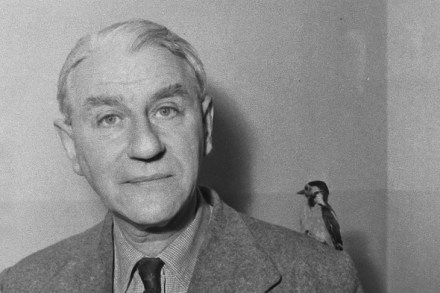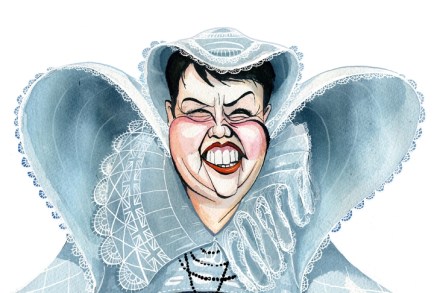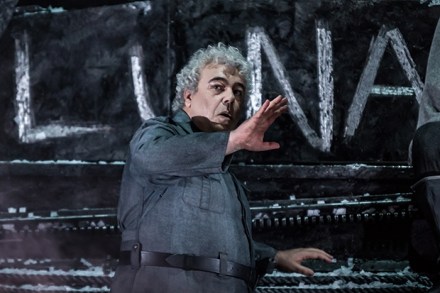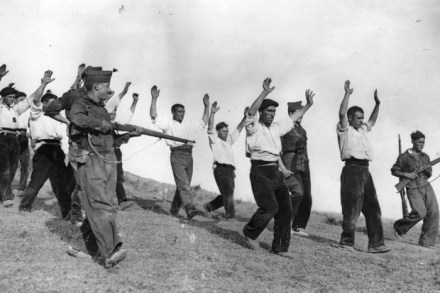The might of the far right
‘Why would anyone write a historical study of it?’ asks Gavriel Rosenfeld about the Fourth Reich at the start of this rather confusing, but at times entertaining, book. His answer is that the phrase has been used as a metaphor since the earliest days of the Third Reich to mean a wide variety of things. It has permeated politics and culture, and seems to be a term susceptible to any meaning a writer or speaker wishes to impose upon it. Some of us — and I plead guilty to this — have used the term simply to describe the present German state in its reunified, Europe-dominating form. While of course




















